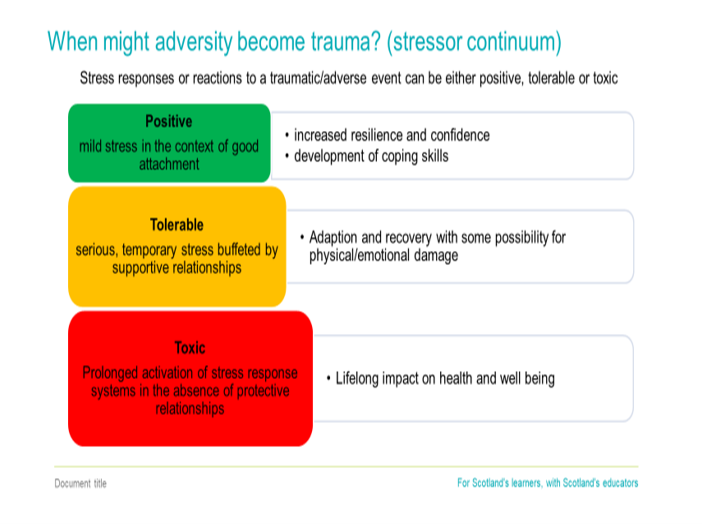During a time of change and uncertainty it can be difficult to know how to best support the wellbeing of your family. Below are some ideas to help.
Building Resilience – what do we know about it?
- Resilience is a capacity that can be built upon through our experiences
- Children can develop their resilience through experiencing mild or moderately stressful situations in the presence of a supportive adult
- If an experience is too stressful or traumatic or ongoing and not moderated by an adult it can have a significant impact on a young person’s wellbeing
- Children learn to deal with stressful situations through the adults around them
- During this period of change, it is important that you spend time doing activities and talking to help them make sense of what is happening.
What is the possible impact of the coronavirus and what can help?
Research has shown that that people are likely to feel unsettled and anxious during periods of significant change and that spending time in quarantine or isolation can result in people feeling a sense of loss when unable to see their loved ones or for the activities they enjoy. Additionally they may be worrying about the future and their livelihood. So what does research say can help this?
- Accept negative emotions in you and your family as research shows that negative emotions are stronger and last longer when they are not accepted or shared.
- Create new routines for you and your family. It is important for everyone that there is some sense of routine but creating new fun things to do together can help this (see below)
- Focus on self care – find things to do that look after your physical and mental health such as exercise, fun games and activities together such as baking.
- Strengthen connections – you may not be able to see all the people you used to but staying in touch through social media and strengthening existing family connections is important
The Importance of Connection
We know from research that relationships and connection are vital to our wellbeing and positive mental health and this is likely to be the case even more during this time. Connection at this time can mean connecting with friends, colleagues and family in other households through a variety of social media, video contact and phone calls. It also means finding playful and fun ways to connect to your family. At this time you may need to find a new way of being with each other, creating new routines; listening to each other; sharing our favourite activities, etc. Some fun ideas of connecting with family members are given below.
- Create a routine where you share some activities together – going for walks, playing games, cooking or baking together.
- Also allow for family members to have their own space where possible – everyone needs their own space at times.
- Begin a project together – decorating a room with artwork; creating a herb garden; creating a film or blog online.
- Celebrate your achievements at the end of each day and praise and encourage each other for small achievements.
- When tensions mount try and practise acceptance and empathy by saying something like ‘I’m wondering if you are getting a bit frustrated just now because you can’t get out to see your friends’ (see below for more information on using Dan Hughes PACE to relate positively to other family members).

|
|
|
|

